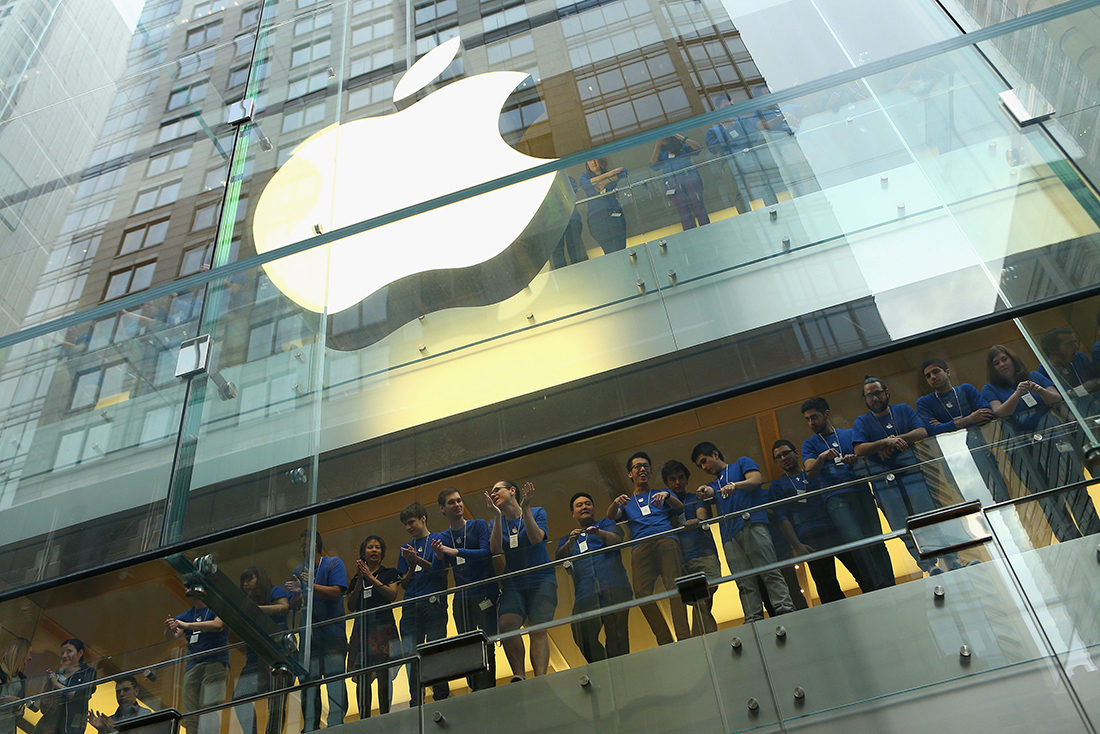Our Normality
As we enter another presidential election, with the media chatter, speculation and more often than not superfluous opinions that show up every electoral cycle, I would like to take a step back from all of the above. Each of us, as individuals and as collectives, have different values, interests, sets of information and a functioning public forum in the Popperian tradition allows us to make choices that encompasses as many of them as reasonable, to the best extent we can engage in that Ciceronian bargain among 20 million or so people.
I would however point to a structural problem of the previous season of electioneering: the concept of a ‘Romania Normala’ (‘Normal Romania’). It was in fact the simplest formulation of an idea which has acted as a leitmotif in Romanian elections since the 1990s even as the world changed all around us: when Tony Blair, who first backed us in joining the EU, took office, the UK economy was larger than China and India combined.

One way or another, Romanians have indeed chosen ‘Normal Romania’ for well over 30 years, that would-be normality having meant different things at different points in time: Iliescu’s stability, Constantinescu’s realised democracy or Basescu’s mass prosperity. The problem with all of that is that it is based on a very particular imposter syndrome in Romanian society which takes the wide array of futures that Romanians can choose from based on the actual strengths, competitive advantages Romania has and work Romanians can do, and transforms that into a binary choice between accepting the complexity of the present and flipping an imaginary switch that will solve all problems by turning on ‘normality’. The presence of that imaginary switch and the imposter syndrome that led it to come about has, for over 30 years, blinded Romanians to the potential of the country, the genuine strengths Romania has and the need for active engagement with the world.
To understand that imposter syndrome outside of the feverish political atmosphere, allow me a small detour.
The German Syndrome
The longest private imperial audience in Chinese history, during the Late Qing, concerned issues that wouldn’t have been out of place in Japan, Korea, Turkey, Russia or Germany at one point or another. Most of it came about in response to what we call modernity and the need for traditional societies to adapt to it, usually when confronted, in one form or another, with its initial powers: France and the United Kingdom.

Both early industrialisation and the bureaucratic state as we know today came about in France and the United Kingdom, spread in the context of the Industrial Revolution and the trading empires of the day and came to be regarded as close to ubiquitous. But, contrary to Hegel’s initial ‘end of history’, it was never as natural, or easily acceptable as presented. For example, look at the Germans, who since Goethe ‘found themselves worshipping a foreign culture of rationality’ with a mixture of capitalism, individualism and impersonal bureaucracy as its hallmarks – and rejected it as wholly un-German. It may be said it took two World Wars to get next-door Germany to genuinely accept that structure and it was little surprise that many of the world’s people at the time found themselves on the back-foot at how a system which can generate tremendous wealth and innovation yet comes across breaking any of the social norms of traditional societies could overpower them. That shock, from Berlin to Beijing, created a flurry of intellectual and political activity to adapt to modernity on one’s own terms.
During the span of the 1800s, many burgeoning polities turned that in different ways: most Europeans went through the Napoleonic Wars and the temporary implementation of French bureaucracy, followed by the revolutions of 1848with varying degrees of failure and began a period of organic adaptation. East Asia as well as what is now the Middle East had its modernisation movements in very similar lines, be it the Self-Strenghtening Movement in China, Meiji Restoration in Japan or the Young Turks.
In the case of Romania, as Nicolae Balcescu phrased things in 1850, the social transformations witnessed around were ‘the occasion, not the cause’ of the Wallachian Revolution. In fact, the feverish arguments of democratisation, industrialisation, national cohesion that captured the imagination of the intellectuals from Paris to Kyōto seem eerily absent in the Romanian discourse of the time.
Consequently, instead of organic development or wilful adaptation, most of these institutions of the nation-state were transposed unto what because the Romanian state, creating, in my opinion, a self-perpetuating illusion: if only we can lose a bit of weight and fit into a particular shirt, we would be popular, rich and internationally successful.
In an idempotent manner, we’ve been yo-yo dieting for well over 30 years now, ignoring that all of our wish-lists are achievable through other means the world has moved on since 1989. Indeed, we seem to have become stuck in imposter syndrome: we’ve been members of the European Union for almost two decades, but we don’t actually feel European; we have the same political scandals that most have yet each feels is rooted in a particularly Romanian dysfunction; we are eager to impress any foreign dignitary but would hardly miss a chance to ‘show them’.
We can move beyond this – and make our own, assumed, choices based on what RAND described as the most important factor in determining a nation’s success: a unified sense of identity.

The Other Beautiful Country
In Chinese, America is quite literally described as ‘the beautiful country’. This partially a historical happen-stance : for most practical purposes China and Japan shared a language when America became a Pacific power and the Japanese ‘Mi’ (米 - rice) was written as ‘Mei’ (美 – beautiful). It however illustrates a simple truth: sometimes it merits taking a step back to appreciate something.
Let’s take a step back and look at the advantages Romania has on the global stage so that we may democratically choose not another version of ‘Normal Romania’ but our own 美国 – our own beautiful country. I would summarise it as people, diaspora and geography.
First, let’s look at people. If Hungary successfully garnered adoring crowds at seemingly every conservative conference in the world through an otherwise modest family promotion programme aimed at solving immigration, Romania can do the same in terms of education solving an ageing population. Romanians are sitting on a human resources goldmine: we may complain about an ageing population but only about 16% of people over the age of 25 achieved at least some tertiary education and only 15% actually have tertiary degrees – compared to 37% for the United Kingdom, 35% for South Korea, 25% for Japan. At the very least this suggests a tremendous potential for productivity improvements in the most straight-forward manner available. In other words, imagine having the GDP of twice the people while keeping most costs at the same level – and what that would mean for the country both in terms of its global standing and ability to finance government outlays.
Secondly, let’s look at the vast network of information transfers and contacts afforded by the Romanian diaspora. The fourth largest in the world, the Romanian diaspora could catalyse business and R&D in a way that is not available for many other countries, in no small part the potential of enabling technology transfers that are needed for the country's development. It’s easy to forget amid the headlines about various nefarious acts but Romanians, particularly the generation which emigrated in the 1990s, have often made hugely successful lives for themselves in academia, business and government offices. Engaging with what are often pivotal agents in their organisations can not only be a well-spring of immediate, global, soft power but act as long-term facilitators of investment, innovation and technology transfers.
Third, geography. Romania stands at the intersection of two important places. One is proximity to Ukraine, both in the need for NATO to strengthen its Eastern flank as well as the more than considerable resources earmarked for Ukrainian reconstruction efforts. That not only passively puts Romania on the map of any decision-maker regarding the region but also allows the active utilisation of this position to raise Romania’s status. The second is a position as a potential node in the South to South trade that is flourishing at an above average rate and links ASEAN, Chinese ports, the UAE and the demographically booming African market.Romania can act as that network’s link towards the still very much important European Union consumer market as well as the EU’s own launchpad towards that Global South of the world's fastest growth centres.
These three things – people, diaspora and geography – would allow Romania to punch well above its weight in international affairs, to the extent to which discussions on Schengen should if anything be details. Pro-actively using them does, however, mean leaving behind ‘Normal Romania’ to embrace what Romania be: what it chooses to be.
Radu Magdin este CEO al Smartlink Communications și consultant și analist de risc (geo)politic















































